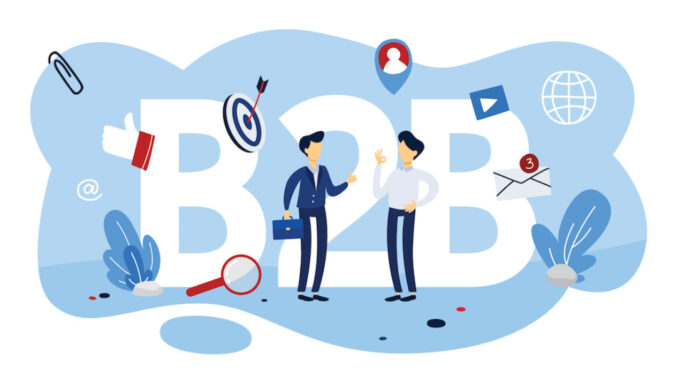
B2B campaigns face unique challenges compared to B2C campaigns due to the complexities of the B2B buying process and the specific nature of the target audience.
Here are some of the key struggles B2B marketers often encounter: 1. Longer Sales Cycles








Complex Decision-Making: B2B purchases typically involve multiple stakeholders, including decision-makers from various departments, leading to longer sales cycles.
Nurturing Leads: Maintaining engagement over extended periods requires a well-thought-out strategy to nurture leads and guide them through the sales funnel.
2. Targeting the Right Audience
Niche Markets: B2B markets are often more niche, making it challenging to reach the right audience with precision.
Accurate Data: Access to accurate and up-to-date data on potential customers and their decision-making processes can be difficult to obtain.
3. Creating Relevant Content
Technical Content: B2B content often needs to be more technical and detailed, addressing specific industry problems and solutions.
Engagement: Crafting content that is both informative and engaging for B2B audiences can be challenging.
4. Measuring ROI
Attribution Complexity: B2B sales often involve multiple touchpoints across various channels, making it difficult to attribute conversions and measure the ROI accurately.
Long-Term ROI: The longer sales cycle means that ROI might not be immediately apparent, requiring patience and long-term tracking.
5. Budget Constraints
High Costs: B2B marketing, especially paid search and LinkedIn advertising, can be expensive due to the competitive nature of the keywords and the higher cost-per-click (CPC).
Justifying Spend: Demonstrating the value and ROI of marketing spend to stakeholders can be challenging without immediate results.
6. Integration Across Channels
Consistency: Ensuring consistent messaging and branding across all marketing channels is crucial but can be difficult to achieve.
Cross-Channel Tracking: Tracking interactions across multiple channels and integrating data to form a cohesive view of the customer journey can be complex.
7. Ad Fatigue
Repetitive Messaging: B2B audiences may become fatigued by seeing the same ads repeatedly, leading to diminishing returns on ad spend.
Creative Refresh: Regularly updating and refreshing ad creatives to keep the audience engaged requires continuous effort and creativity.
8. Competition and Differentiation
Highly Competitive: B2B markets can be highly competitive, making it challenging to stand out and capture the attention of potential clients.
Unique Value Proposition: Clearly communicating a unique value proposition that differentiates your offering from competitors is essential but difficult.
9. Compliance and Regulations
Industry Regulations: B2B marketers often need to navigate industry-specific regulations and compliance requirements, which can limit the scope and approach of marketing campaigns.
Data Privacy: Ensuring compliance with data privacy regulations like GDPR can add complexity to campaign planning and execution.
10. Lead Quality
Qualified Leads: Generating a high volume of leads is not enough; the leads must be qualified and likely to convert into customers.
Lead Scoring: Implementing effective lead scoring mechanisms to prioritize high-quality leads for the sales team can be challenging.
Strategies to Overcome These Challenges
Buyer Persona Development: Invest time in developing detailed buyer personas to better understand and target your audience.
Content Strategy: Create a robust content strategy that addresses the specific needs and pain points of your target audience.
Marketing Automation: Use marketing automation tools to streamline lead nurturing and follow-up processes.
Data-Driven Decisions: Leverage data analytics to make informed decisions and continuously optimize your campaigns.
Multi-Touch Attribution: Implement multi-touch attribution models to better understand the impact of each touchpoint on the customer journey.
ABM (Account-Based Marketing): Consider ABM strategies to focus on high-value accounts and tailor your marketing efforts to their specific needs.
By acknowledging these challenges and implementing strategic solutions, B2B marketers can enhance the effectiveness of their campaigns and achieve better results.

Leave a Reply